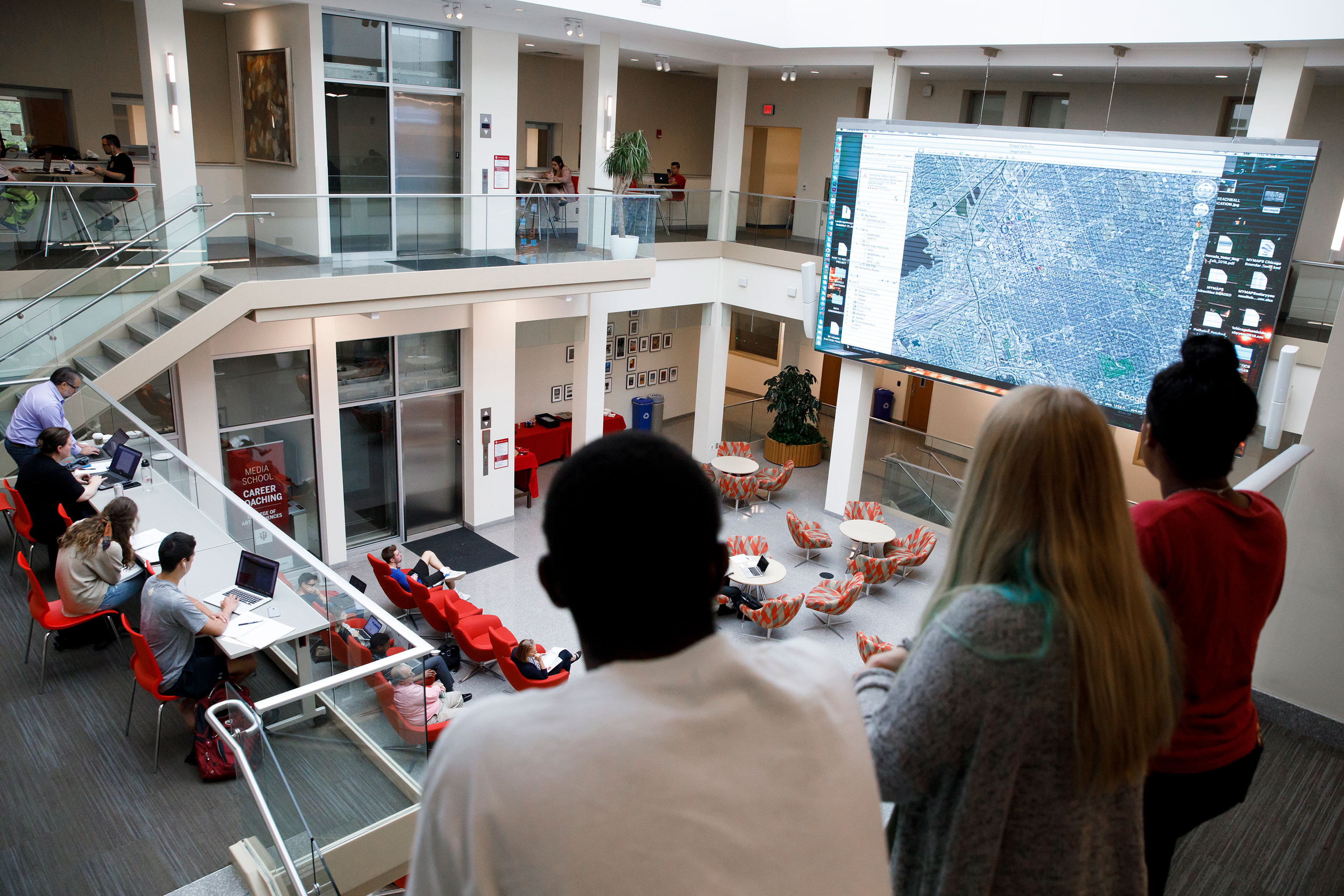Education
The Observatory on Social Media, in collaboration with The Media School and the Luddy School of Informatics, Computing and Engineering, offers a few educational initiatives.
Undergraduate Course on (Mis)information Literacy
We have an exciting new undergraduate course about misinformation and media literacy. It explores disinformation, fake news, social bots, echo chambers, astroturf, troll factories, conspiracy theories, and coordinated inauthentic influence campaigns that people experience every day. It helps students gain knowledge and skills in building media and information literacy as well as algorithmic countermeasures against social media abuse and manipulation.
The course is part of the IUB GenEd curriculum and open to all IU students.
- Enrollment Info:
- Media students: MSCH-C 110: Misinformation and Media Literacy
- Luddy students: INFO-T 110: (Mis)information Literacy
- All other students: All majors from IU Bloomington are welcome! Students can enroll in either of the above course numbers and should consult with their academic advisor to select the most appropriate option.
Concentration in Data Journalism
The Media School is offering a Concentration in Data Journalism of the Master of Science in Media.
Gain competency in storytelling using data science tools and technology. In the data journalism concentration, you'll gain proficiency in coding, data visualization, ethics, interviewing, journalistic research methods, machine learning and web scraping.
Graduate Certificate in Data Journalism
For those interested in Data Journalism but unable to commit to a full Master's program, the Media School offers an online-only graduate certificate.

